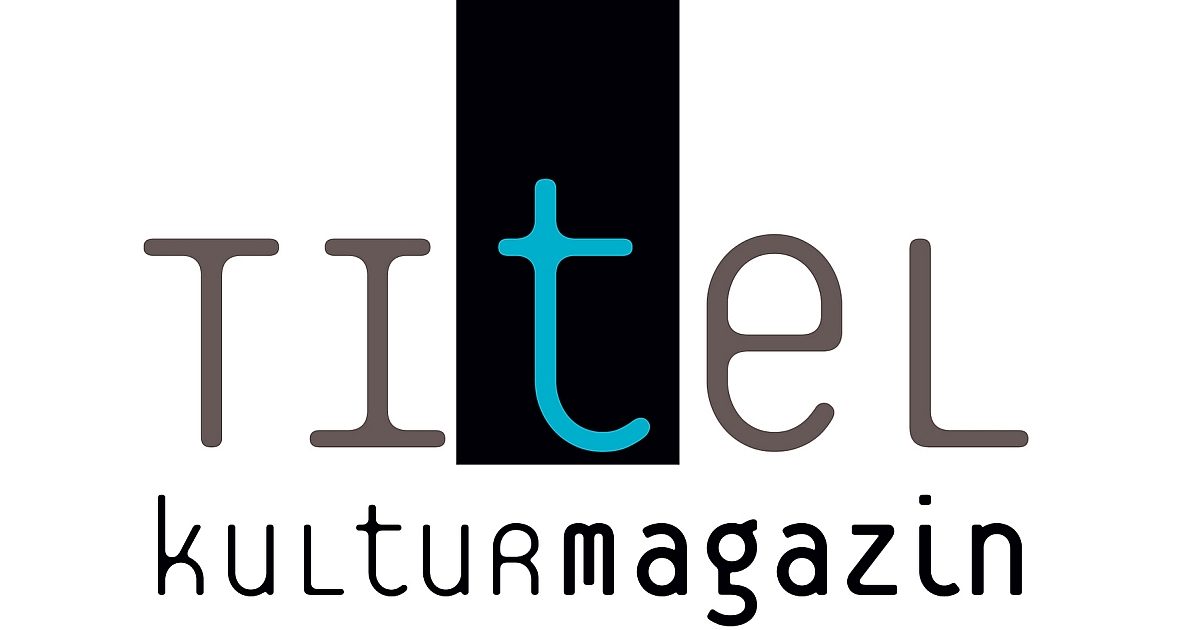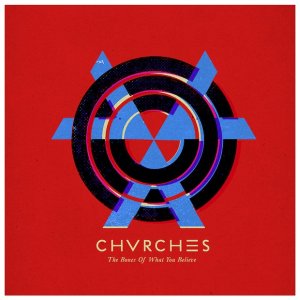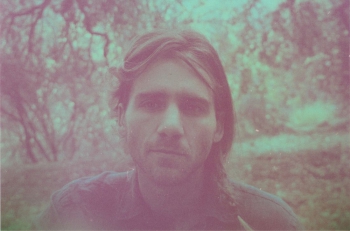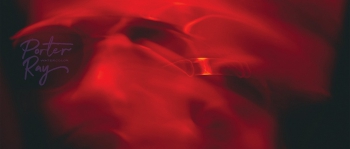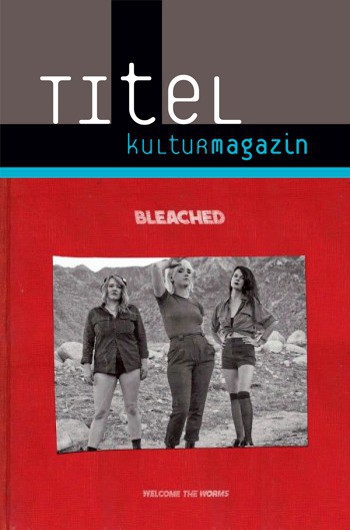Bittles‘ Magazine | Interview with Ghost Culture
Ghost Culture is something of an enigma! Sitting proudly in the margins which exist between the worlds of introspective indie, futuristic R&B and dance floor delirium his sound is instantly recognisable, yet impossible to categorize. By JOHN BITTLES

The LP sees the London-based producer further explore his signature collision of dance floor nous and soft intimacy with winning results. Rumour has it that the vocals were recorded using a microphone salvaged from a tank, which could be the reason why they sound so subtle, as if they were whispering right in your ear. True or not, one thing that’s certain is that James’ voice lends each track a soft, melancholy air that recalls the synth pop broodings of New Order, Soft Cell or Depeche Mode. The album never settles into a rhythm of safe nostalgia though, thanks to some excellent production work that helps the songs develop and soar until they sound like no one else around. A killer combination of pop sensibilities, indie contemplation and techno grooves the album is more than worthy of a place in your life.
In this short interview James talks about his debut album, dealing with rising hype, working with Erol Alkan and his burgeoning live shows. And if you are partial to some music while you read then you can listen to some of the record here.
By way of introduction, can you tell us a bit about who you are and what you do?
I have been fascinated with music all my life. Drawn to the control over the emotions it seems to have more than anything else. It’s very direct, even more so than looking at beautiful scenery or eating incredible food. I have always had an itch that needed scratching. Music that needed rather than wanted to come out. I find myself with rhythm and melody implanted in my head that urges to take up the form of a recording and become art. Recently, since starting to make this album, this has been about letting this flow in the most natural way possible.
Your self-titled debut album came out on the 12th January. For those who haven’t heard your music yet, what should they expect?
I would say it’s electronic but not overly computerised. The vocals add the human element. It isn’t too polished. Its easier to say what it isn’t than what it is I think. So: it isn’t: hyper emotional or ›epic‹, happy or miserable, old or new.
The album opens with your first single Mouth, which received a huge amount of praise and was made a Mixmag Tune Of The Month. How difficult was it to deal with that level of expectation so early in your career?
I’m more focused on making music than anything else, so I don’t let criticism (good or bad) enter into decision making or the creative process. I just like to get my head down and enjoy making music, and playing my live show. Looking at stats and reading reviews would be too distracting.
Giudecca is another former single and, as well as being a truly epic slice of electronica, was one of my favourite tunes from last year. Can you tell us a bit about how this song came about?
This was the first song that I wrote for the album, and the one that inspired the kind of music that I was going to write for it. The baseline came about when I was let rip in Richard Fearless’ studio for the day to play about. I’ve had it for about 3 years now and it has taken many forms, but the original swing and pattern of the bass line remains the same.
When I first heard Glass, I immediately thought »I really want to hear this in a club«. How important is the dance floor when you are creating music?
I was thinking about the live show when I was making the album in that the arrangements of each song reflect what I thought would work well live. I wasn’t necessarily thinking that this needs to be in a club, more that it needs to work well as part of my showing which I was dreaming up.
In contrast to Glass, Glacier and Lying have a rich, down-tempo and melancholy feel. What do you think those expecting a record of house beats will make of these songs?
I’m not [sure] if anyone was expecting a record of house beats? If they were expecting that, I hope to broaden the taste of those people to show that you can make something new out of things that have been done so much.
What were your main influences when making the album?
I listened to 3 albums when I was writing the album – ›Ziggy Stardust and the Spiders From Mars‹, ›Construction Time Again‹ by Depeche Mode and ›Fear of Music‹ by Talking Heads, so I would say that you could hear these references in the music. I’ve been told that some of it sounds a bit like New Order, which although wasn’t an intentional reference, makes sense to me.
It can be hard to find electronic music where the vocals are done well. What is your secret?
I wanted to try my style of singing over the top of my style of production. It felt very natural. I was aware that there isn’t a lot of music that sounds like this, but that’s partly by accident. It just worked for me. Maybe my secret is that I can’t sing? I heard songs in my head so I had to write them, it was like I didn’t have a choice. I have never been a singer but as David Byrne says »The better the singer’s voice, the less likely you are to believe them«.
What was it like working with Erol Alkan and everybody else at Phantasy Sound?
Erol really helped me to finish the album, it was incredibly reassuring to have someone outside of the writing process giving me advice, especially someone with a huge knowledge of music and great taste.
 Your live shows are already receiving widespread acclaim. Can you tell us a bit about your live set-up?
Your live shows are already receiving widespread acclaim. Can you tell us a bit about your live set-up?
They are? I’ve done about 5 now, so I’ve got a long way to go with it. I wanted to start at a respectable level. I’ve seen too many bands come out all shiny and new as if they’ve just come out of a factory like a bunch of robots. Although I am using machines, I wanted there to be this human element to it. ‘Imperfections’ we need some of those back in live music, otherwise we will loose an important part of our culture.
What is the best thing about playing live?
I love performing, it’s a dream to be able to perform my own songs to an audience that likes it already and expect perhaps something different. I really enjoyed making different versions of each song so that they each sound different. I didn’t rip apart any of the arrangements because I knew that I had worked on them with the live show in mind. I did, however, change mostly every sound.
Are you planning to tour Germany anytime soon?
Nothing planned but I would love to! I would hope that the German crowd, more than a few places, would understand and respect the roots and nature of the music.
Ghost Culture is quite an evocative name. What is the idea behind it?
Ghost Culture is my metaphor for superficiality – it’s the culture we could end up with if people aren’t encouraged to make music for themselves. We are not there yet but we could end up there if people who make music or art of any form are doing it for profit first and enjoyment later.
What was it that first got you into house music?
I used to go to this club in London called Boom Box when I was 17. We used to come down from Essex on the train for the Sunday night gathering and dance all night then go back to school in the morning! There was nothing like it. It was magic, it has effectively ruined my clubbing experiences since because I had such a good time there. I wouldn’t listen to any of the music now however, but it did inspire me to make music that was inspired by the club.
Releasing your debut LP in January may be hard to top throughout the rest of the year. What else do you have planned for 2015?
I’m planning to play as many live shows as I can, to DJ and to write as much music as possible.
Nuff said! Ghost Culture is in all good record shops now and is also available for purchase here.
| JOHN BITTLES / Pictures: © Nastasia Alberti


